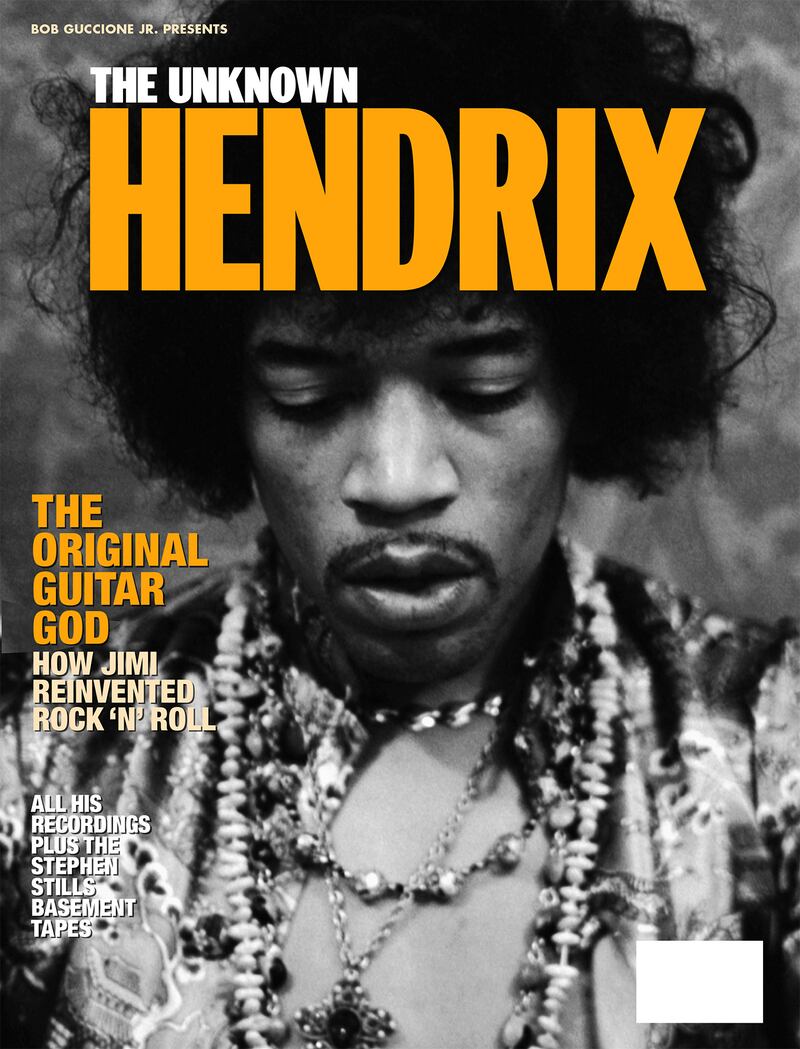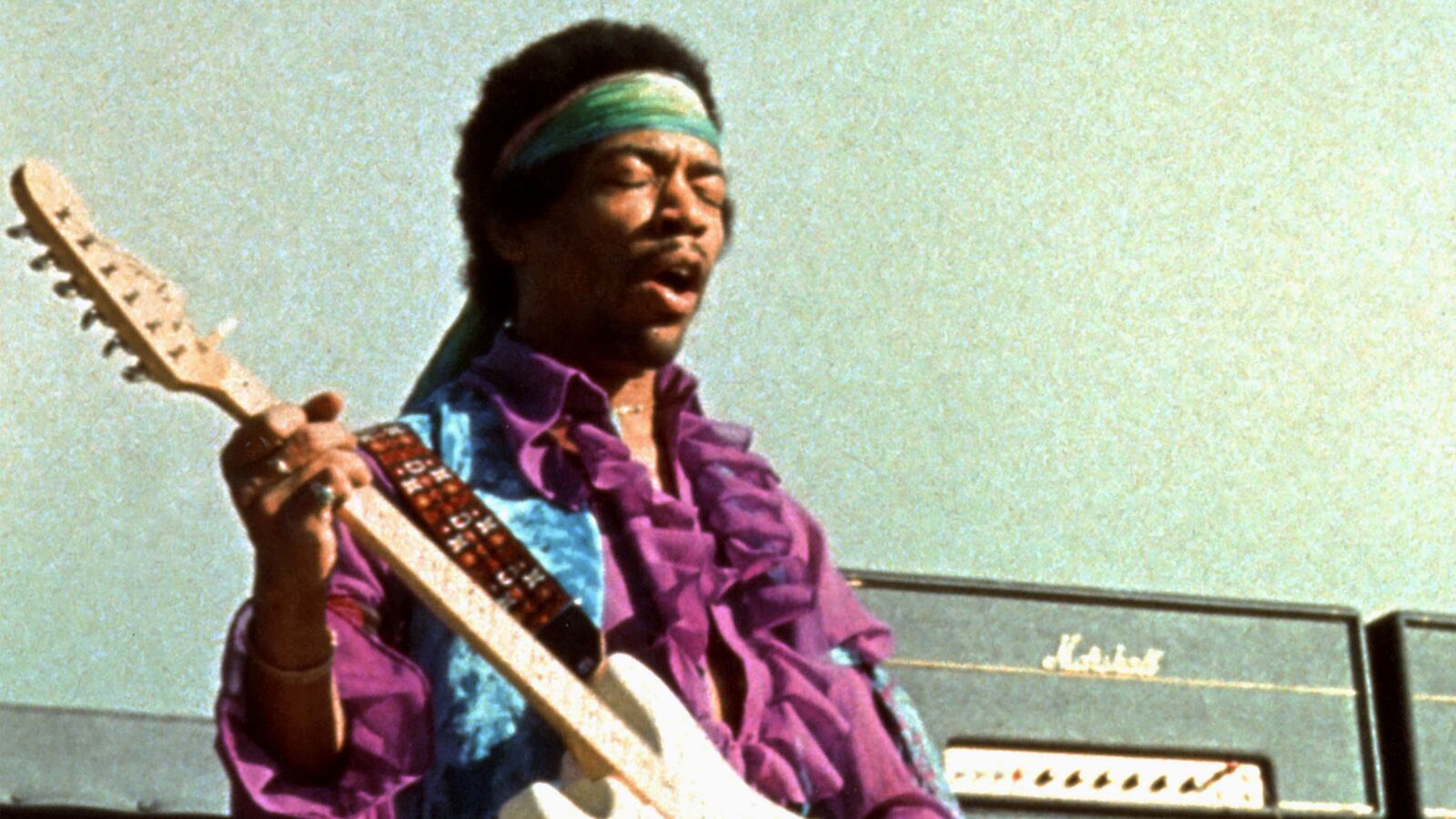Jimi Hendrix was a comet, blazing across a flat sky, tearing it with a rainbow of fire, enthralling us, and then suddenly disappearing, dissolving into the blackness and emptiness. Magical, brilliant and gone.He was tragic, by our normal definition of what is tragic and glorious. He died too young, accomplished too little compared to what we insatiably would have liked him to pile up for us like a mound of gold stones. He made only a few records, toured only a few times and very little once people were actually looking for him, lit up Woodstock and Monterey and the Isle of Wight and branded those moments indelibly. He was unpredictable and immortal. He was a mountain and, in the end, we know, as fragile and light as dry paper.There were other flame outs of course, such as Janis Joplin and Jim Morrison, Brian Jones and Sam Cooke --- those were accelerated lives that crashed into a wall more solid than their momentum was great. But perhaps only Kurt Cobain, also from near Seattle, oddly, had Jimi’s doomed delicacy. Jimi not only wrote precious, spellbinding poetry in his lyrics, his life was as light and ephemeral as a poem. He was not, despite the way he died, self destructive. He was the opposite: passionately embracing life but naive, idealistic, vulnerable. The greatest rock star of his time, the precise instant rock hatched from its egg to shake the planet, was a sprite too easily crushed, an unshielded flame too easily blown out.Hendrix laid a foundation stone in the greatest and only bloodless revolution ever, the historic way rock ‘n’ roll at the end of the ‘60s changed the world. He was more than a magnificent and transportive musician who played the guitar in an almost alien way. He was a whirling Dervish lost in his trance, connected to a holy clarity, beseeching his generation to break from their chrysalis and fly.When we think of his body of work, we think of the four albums he made in four years with his three bands, each rising phoenix-like from the ashes of the previous incarnation burned through like magnesium paper. But as a young musician he paid painful dues on numerous tours across the country, often on the famous Chitlin Circuit of the South, honing and evolving a wildly innovative playing style and showmanship, for which he was usually fired by bandleaders aggrieved at being upstaged, sometimes after only a couple of shows, once after only one.

He didn’t compromise his artistic ideals and ambitions, despite those years-long hardships (and being constantly fired), as if almost presciently knowing his break would come. He fussed more about his hair than his poverty. Eventually his break came when Chas Chandler of The Animals saw him perform and took him to England, where everything, miraculously given the litany of misfires his career had been, clicked.
Maybe Jimi Hendrix lived the full cycle of his creative life, perhaps he lived all the life he was meant to live. It feels to me like there was a completeness to his output, and he himself said, shortly before he died, ironically, that he felt he had nothing more to add. Today he is preserved in amber, like some exotic prehistoric insect, delicate and perfect, full of imagined mysteries. We lament what we consider his premature exit, but was it premature? Who ever made a deeper cut in the marble of rock ‘n’ roll?
The man who once had to steal food or forage in garbage cans to eat, in death is an empire, his estate worth more than 80 million dollars. He wouldn’t have really cared much about that. All that would have mattered to him was that he was eternal. And he is.
Excerpted from The Unkown Hendrix: Original Guitar God.





